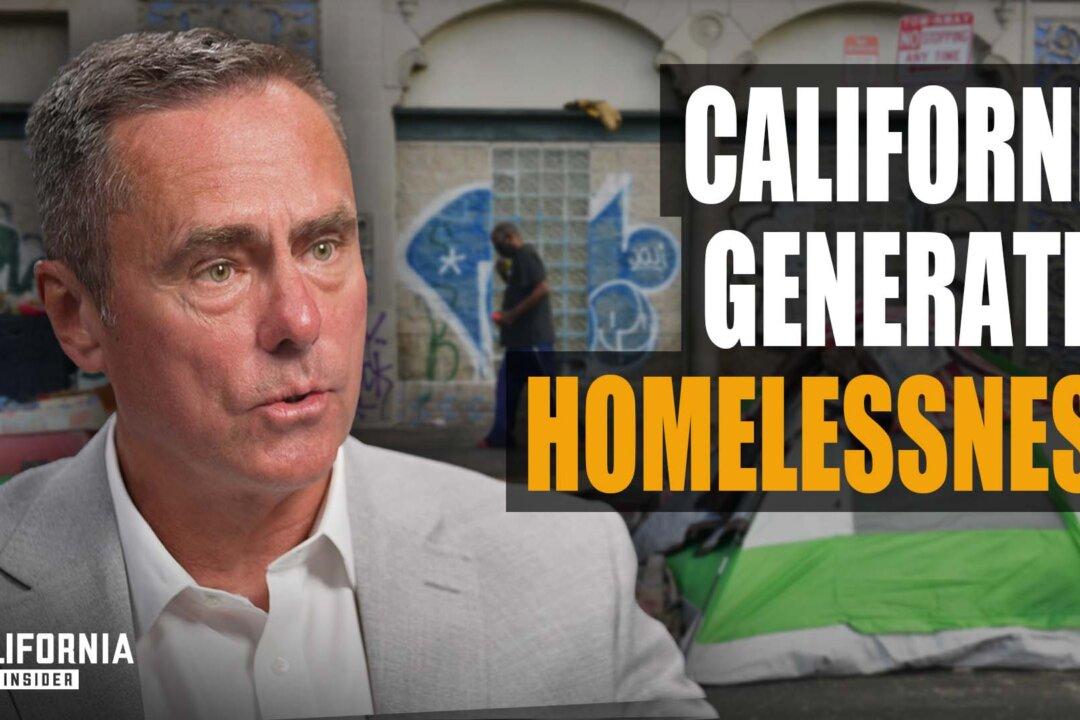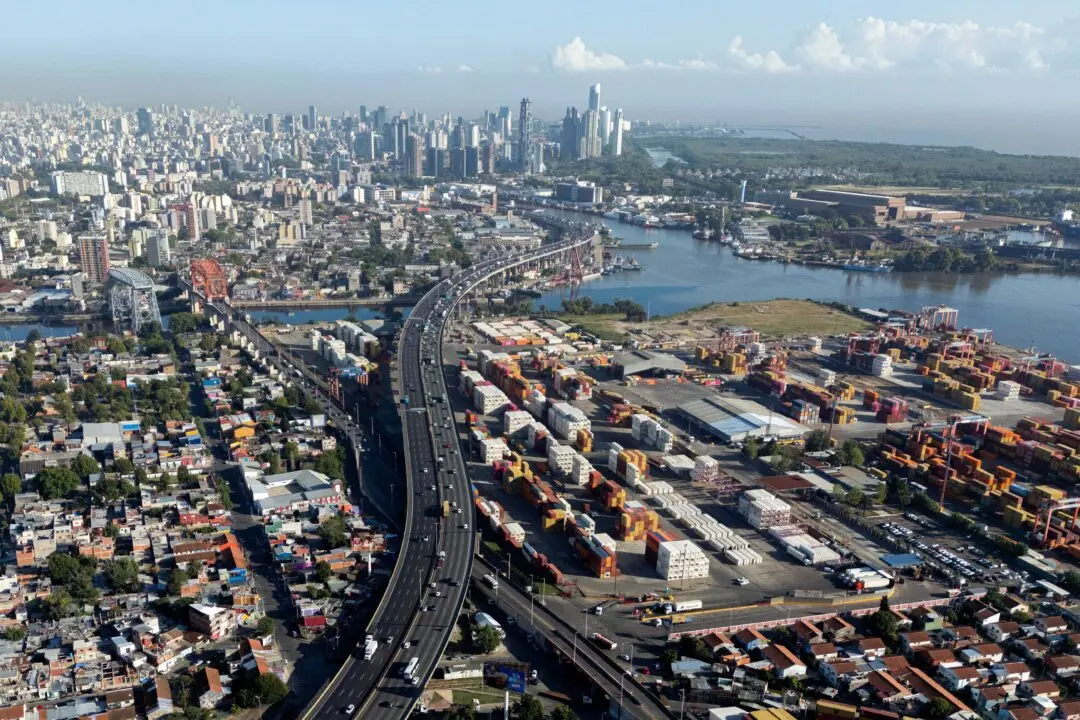California continues to pour billions of dollars into addressing the state’s burgeoning homeless population, but that won’t solve the problem, according to the district attorney for El Dorado County, located east of Sacramento.
The state’s drug and crime policies are mostly to blame, District Attorney Vern Pierson told EpochTV’s “California Insider“ in “Why Homelessness is California is Different Compared to the Rest of the U.S.”






